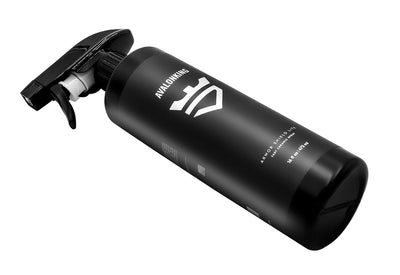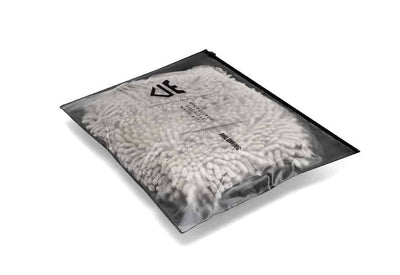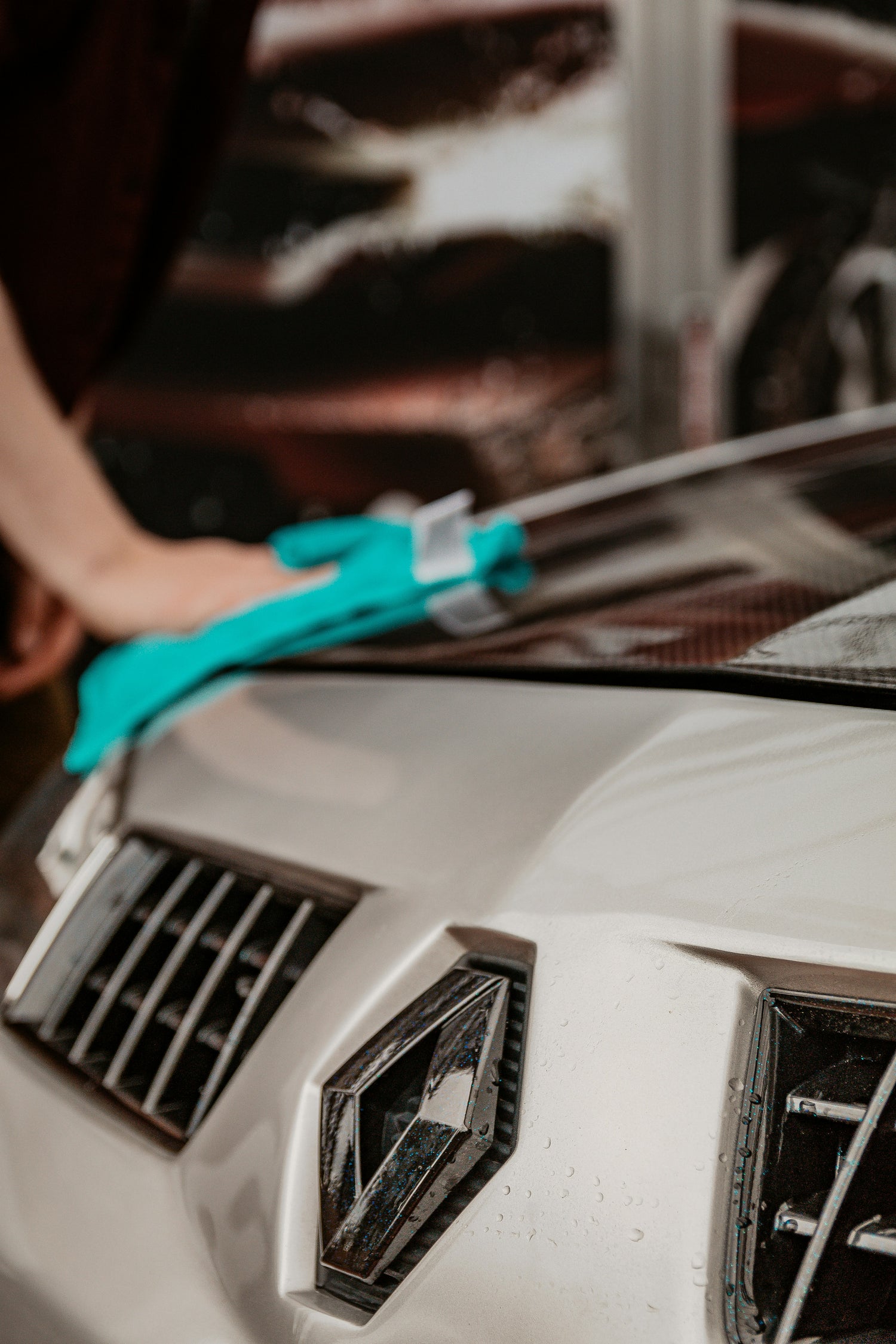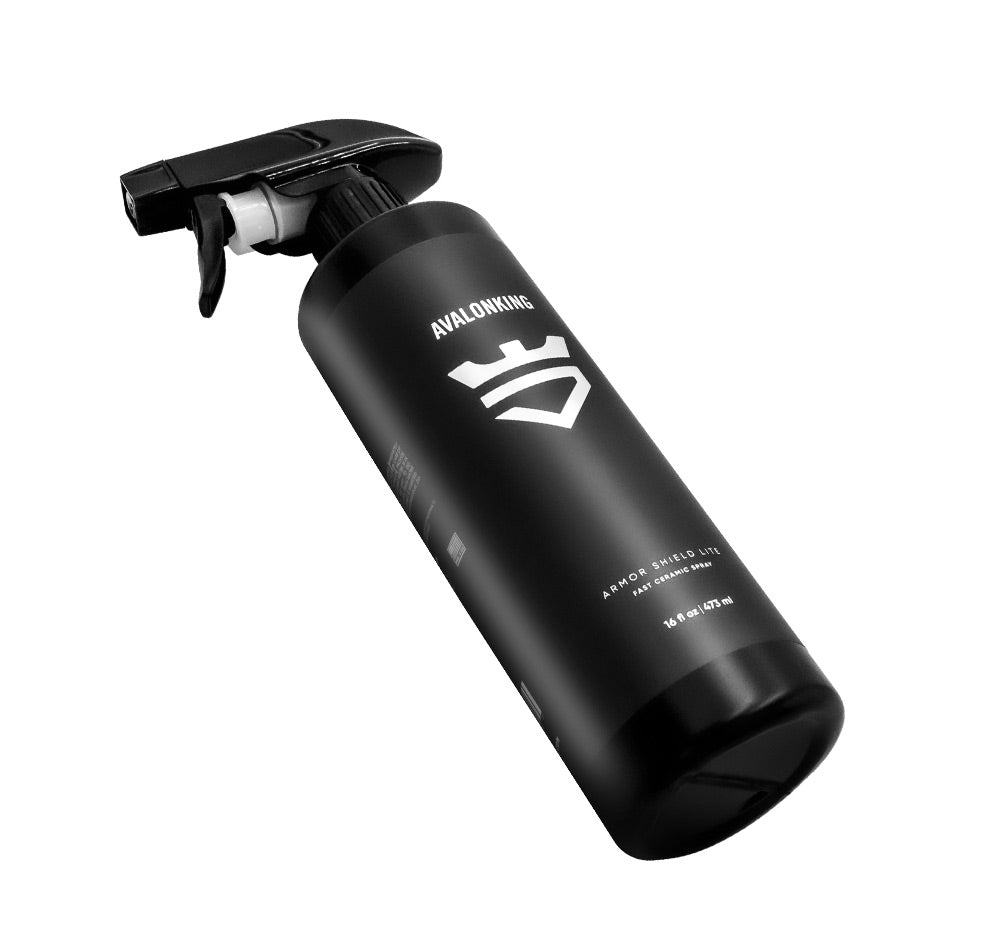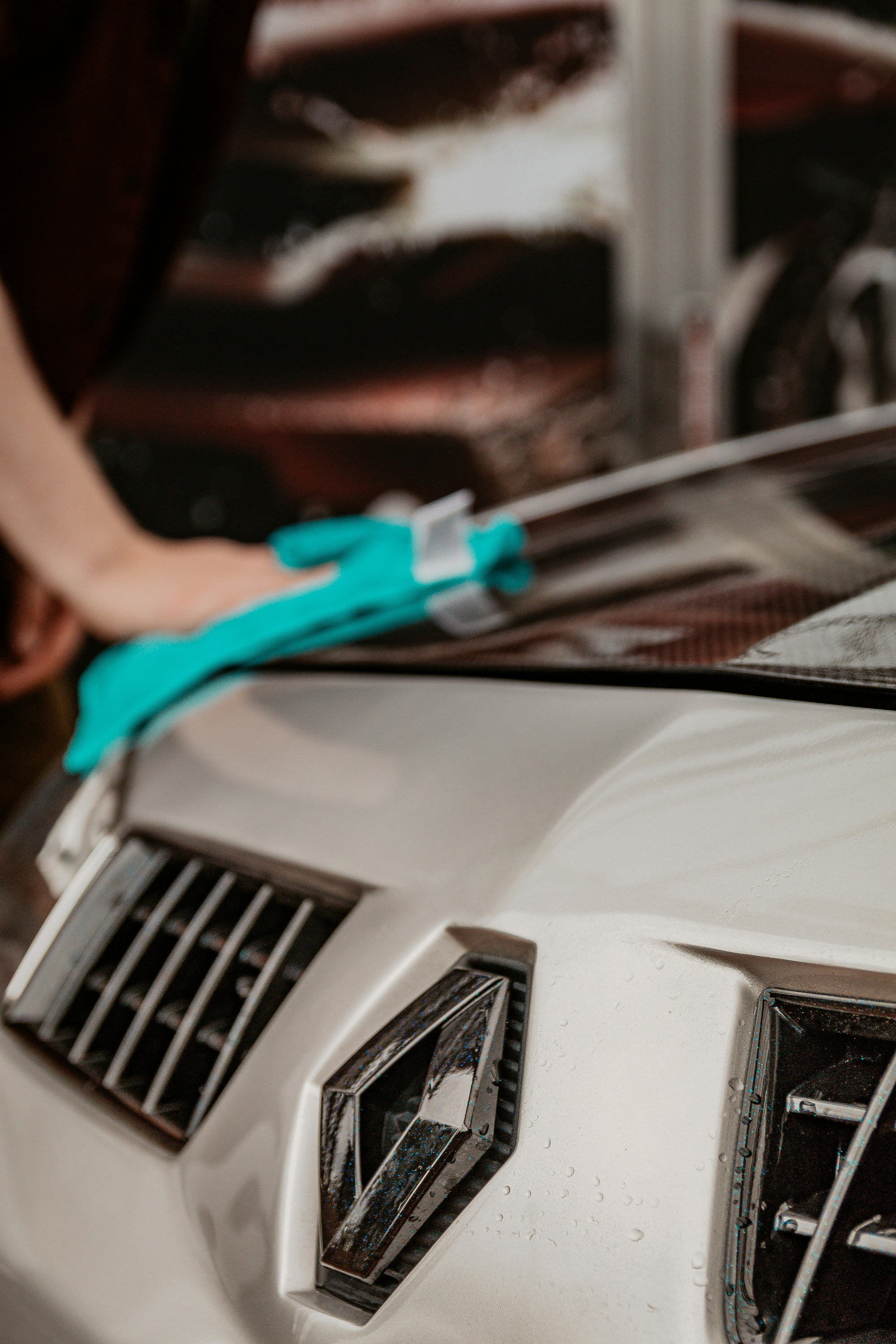Washing Your Car: How Often Should You Do It?
Keeping your car clean is not just about appearance—it also plays a crucial role in maintaining its overall health and value. Regularly washing your car helps protect its exterior from damaging elements and prevents dirt and grime from building up. However, the question remains: how often should you wash your car? In this article, we will delve into the importance of regular car washes, factors that influence wash frequency, the ideal frequency for different scenarios, and the consequences of over-washing or under-washing your car. We will also provide you with some valuable tips for effective car washing.
Understanding the Importance of Regular Car Wash
First and foremost, let's talk about why regular car washes should be a priority for any car owner. Washing your car on a consistent basis goes beyond simply maintaining its shiny appearance. It also has a significant impact on both the exterior and long-term value of your vehicle.
The Impact on Your Car's Exterior
Think of your car's exterior as its first line of defense against various pollutants and harsh elements. Dirt, dust, bird droppings, and other contaminants can accumulate on your car's surface, causing potential damage over time. Regular washing not only removes these contaminants, but it also helps prevent the paint from deteriorating and protects against rust formation.
Maintaining Your Car's Value
Whether you plan to sell your car in the future or simply want to prolong its lifespan, maintaining its value is crucial. Regular car washes play a vital role in preserving your car's overall condition, allowing it to retain its value and appeal. Potential buyers are more likely to be attracted to a car that has been well-maintained and cared for.
Furthermore, regular car washes can also help prevent the buildup of harmful substances that can affect your car's performance. For instance, road salt used during winter can accumulate on your car's undercarriage and cause corrosion. By washing your car regularly, you can remove this salt buildup and protect important components of your vehicle.
In addition, a clean car is not only visually appealing but can also contribute to your safety on the road. A dirty windshield, for example, can impair your visibility, especially during rainy or foggy conditions. Regular car washes ensure that your windows, mirrors, and lights are clean and clear, providing you with optimal visibility and reducing the risk of accidents.
Factors Influencing Car Wash Frequency
Now that we understand why regular car washes are important, let's explore the various factors that can influence how often you should wash your car.
Climate and Weather Conditions
The climate and weather conditions in your area play a significant role in determining how frequently you should wash your car. If you live in an area with heavy rainfall or extreme weather conditions, such as snow or salted roads during winter, it is advisable to wash your car more frequently to remove any corrosive substances.
Let's delve deeper into this topic. In areas with heavy rainfall, the rainwater can contain pollutants and contaminants that can quickly accumulate on your car's surface. These pollutants, such as acid rain or industrial fallout, can cause damage to your car's paint if left unwashed for extended periods. Similarly, in regions where snow and ice are common, road salt is often used to melt the ice, but it can also lead to corrosion if not washed off regularly.
Driving Conditions and Distance
The driving conditions you encounter on a daily basis can also affect your car's cleanliness. If you frequently drive on dusty or muddy roads, you will need to wash your car more often to keep it looking its best and prevent dirt from causing potential damage.
Let's take a closer look at this aspect. Dusty roads, common in rural areas or construction zones, can coat your car in a layer of fine particles that not only make it look dirty but can also scratch the paint if not removed promptly. Similarly, if you often drive on muddy roads, the mud can get splattered onto your car's body, wheels, and undercarriage, potentially leading to corrosion or damage to the suspension components.
Car's Color and Material
Believe it or not, the color of your car can also impact how frequently it needs to be washed. Lighter-colored cars tend to show dirt and grime more easily, making regular washing a necessity. Additionally, the material your car is made of can also play a role. For example, matte finishes require special care and should be washed less often to maintain their unique appearance.
Let's explore this further. Lighter-colored cars, such as white or silver, may require more frequent washing as dirt and dust particles are more visible on their surfaces. On the other hand, darker-colored cars may not show dirt as easily, but it is still important to wash them regularly to prevent the buildup of contaminants that can degrade the paint over time. As for matte finishes, they have a unique texture that requires specific cleaning techniques and products. Washing them too frequently or using the wrong cleaning agents can damage the matte appearance, so it's crucial to follow the manufacturer's recommendations.
The Ideal Car Wash Frequency
Now that we have discussed the factors that influence car wash frequency, let's explore the ideal frequency for different scenarios.
Recommendations for Different Scenarios
For most car owners, washing their car every two weeks is a good starting point. However, it's important to assess the specific conditions your car is exposed to and adjust accordingly. If you live in an area with extreme weather conditions or frequently encounter unfavorable driving conditions, you may need to increase the frequency to once a week or even bi-weekly.
Balancing Cleanliness and Car Health
Remember, finding the right balance between cleanliness and car health is crucial. Washing your car too frequently can lead to potential damage, while washing it too infrequently can compromise its overall condition. Regular inspections and paying attention to your car's appearance can help guide you in finding the ideal car wash frequency.
The Consequences of Over-Washing or Under-Washing Your Car
Now, let's examine the potential consequences of both over-washing and under-washing your car.
Potential Damage from Over-Washing
Over-washing your car, especially with harsh or abrasive cleaning products, can lead to unintended damage. Excessive scrubbing can leave micro-scratches on the paint surface, dull the finish over time, or even strip away protective coatings. Additionally, over-washing can also contribute to the premature wear of the car's wax or sealant, reducing their effectiveness in protecting the paint.
Risks of Infrequent Car Washes
On the other hand, neglecting to wash your car regularly can have negative repercussions. With time, dirt, grime, and contaminants can accumulate and adhere to the surface, making them more difficult to remove. If left unattended, this buildup can lead to paint damage, corrosion, and even mechanical issues if contaminants find their way into crucial components of your car.
Tips for Effective Car Washing
Now that you understand the importance of regular car washes and the potential consequences of inadequate car care, let's discuss some tips for effective car washing.
Choosing the Right Cleaning Products
Investing in high-quality, gentle, and specifically-formulated cleaning products is essential for safeguarding your car's exterior. Avoid using harsh chemicals or household cleaning agents, as they can be abrasive and damage the paint or leave residue. Opt for pH-neutral car wash shampoos and microfiber cloths for a gentle yet effective cleaning process.
Techniques for a Thorough Wash
Start by rinsing your car with a hose to remove loose dirt and debris. Then, using a sponge or mitt, work your way from top to bottom, ensuring you cover every surface thoroughly. Rinse your sponge regularly to avoid trapping abrasive particles and causing scratches. Finally, don't forget to clean the wheels, tires, and undercarriage, as they are often exposed to more dirt and contaminants.
Post-Wash Care for Your Car
After washing your car, it's important to dry it thoroughly to prevent water spots or streaks. Use a soft microfiber towel or a chamois to gently remove excess water. Additionally, consider applying a wax or sealant to provide an extra layer of protection and enhance the shine of your car's finish.
Remember, washing your car is not a one-time task, but rather an ongoing commitment to its care and maintenance. By following these tips and adjusting your car wash frequency based on your specific circumstances, you can ensure that your car remains clean, protected, and in optimal condition for years to come.
Ready to elevate your car wash routine with premium products? Look no further than AvalonKing, where you can find an array of top-quality car cleaning solutions. From advanced ceramic coatings to gentle car shampoos, AvalonKing has everything you need to keep your vehicle looking its best. With years of expertise in providing the very best in car care, AvalonKing is your go-to source for all your vehicle cleaning needs. Check out our products today and give your car the royal treatment it deserves.



